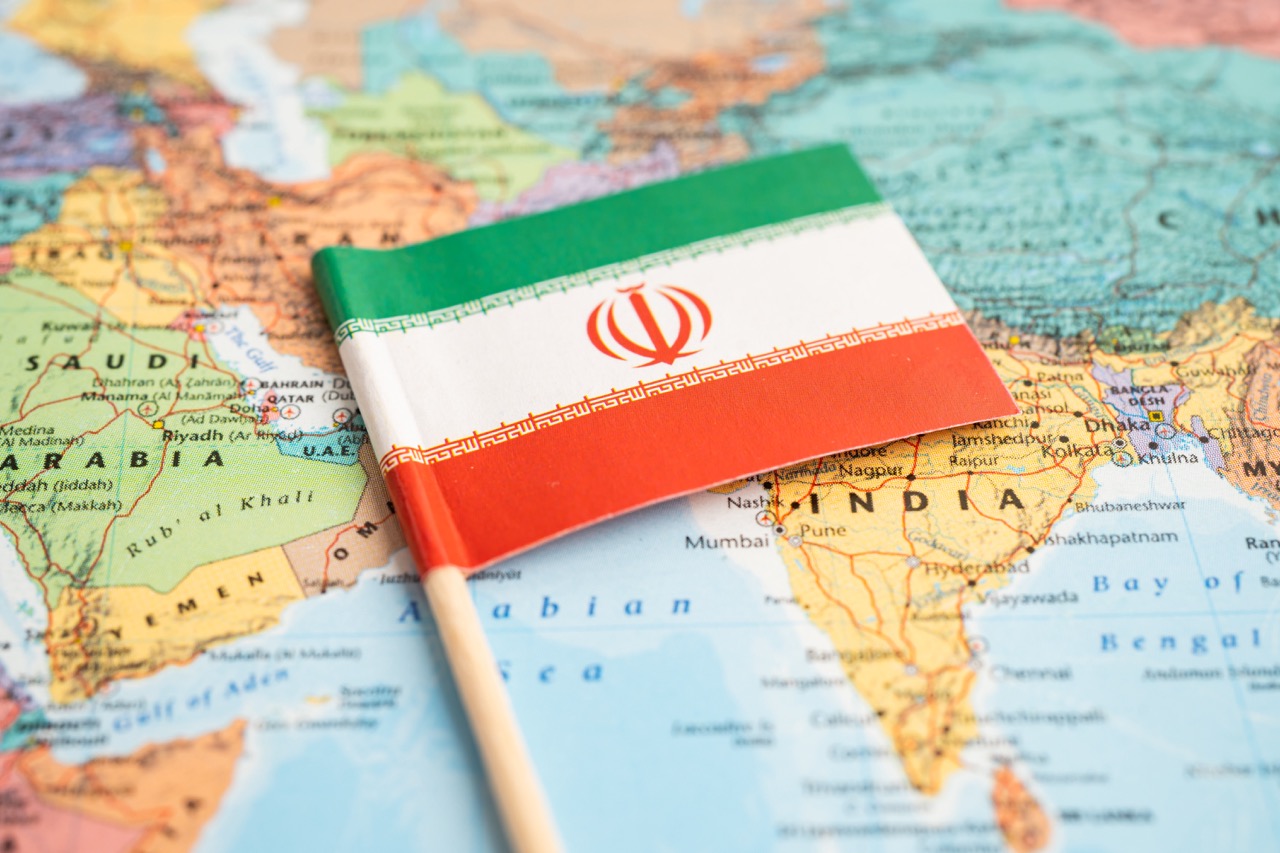The intricate tapestry of alchemical thought is a product of diverse cultures, with Persian contributions standing out for their depth and complexity. This ancient science, often shrouded in mystique, combines elements of philosophy, spirituality, and practical experimentation. The Persian alchemists were not merely practitioners but thinkers who shaped the foundations of a discipline that would evolve significantly over centuries. This article delves into various aspects of Persian alchemy, exploring its historical roots, key figures, philosophical influences, and the legacy it left on both Islamic scholars and modern science.
Exploring the Foundations of Persian Alchemy in History
Persian alchemy, with origins tracing back to the Achaemenid Empire, flourished significantly during the Islamic Golden Age. The blending of Greek, Indian, and local knowledge created a fertile ground for alchemical practices. Early Persian texts began documenting the transmutation of materials, the quest for the Philosopher’s Stone, and the pursuit of immortality through the elixir of life. The rich traditions of metallurgy and mineralogy in Persia contributed to a scientific framework that allowed alchemists to explore the properties of substances in unprecedented ways.
By the time of the Sassanian Empire, alchemy had not only become a scientific endeavor but also a spiritual one. The works of early Persian scholars reflected the integration of myth and practical experimentation, setting the stage for a unique approach to alchemical research. As the Islamic era commenced, Persian alchemical thought began to gain prominence, influencing and being influenced by surrounding cultures, ultimately leading to a synthesis of knowledge that would be pivotal for future generations.
The Role of Zoroastrianism in Alchemical Thought
Zoroastrianism, as the predominant religion of ancient Persia, significantly influenced the philosophical underpinnings of alchemy. Concepts of duality, such as the eternal struggle between good and evil, were mirrored in the alchemical quest for purification and transformation of base materials into noble substances. Zoroastrian beliefs about the sanctity of fire and its purifying properties also contributed to the symbolic language of alchemy, where fire became a crucial element in both physical and spiritual transformation.
Moreover, Zoroastrian texts provided a rich vocabulary and conceptual framework that alchemists would later adopt. The focus on the elemental composition of the universe, particularly the four elements—earth, water, air, and fire—resonated with alchemical theories, allowing Persian alchemists to express their ideas in a philosophical context. This interplay between religion and science established a paradigm in which alchemy was not merely about material change but also about the spiritual elevation of humanity.
Key Figures in Early Persian Alchemical Practices
Among the luminaries of Persian alchemy, Jabir ibn Hayyan, known as Geber in the West, stands out as a pivotal figure. Active in the 8th century, he is often credited with formalizing the discipline, creating a systematic approach to alchemical experimentation. His extensive writings, which include treatises on the properties of substances and techniques such as distillation and crystallization, laid the groundwork for future alchemical thought. Jabir’s emphasis on observation and experimentation marked a shift from mystical interpretations to a more empirical framework.
Another key figure is Al-Razi, or Rhazes, who contributed to both alchemical practices and medical science. His work in the 9th century expanded upon Jabir’s ideas while introducing original concepts, particularly the importance of experimentation in understanding chemical processes. Al-Razi’s writings on the classification of substances and the preparation of medicinal compounds showcased the practical applications of alchemical knowledge, bridging the gap between theory and practice. Together, these figures highlighted the intellectual vigor of Persian alchemy and its significance in the broader scientific discourse of the time.
The Influence of Persian Alchemy on Ancient Egypt
Persian alchemy had a profound impact on ancient Egyptian practices, particularly during the Hellenistic period. The exchange of knowledge between the Persian and Egyptian scholars led to the integration of Persian techniques into Egyptian alchemical traditions, which were already rich in symbolic meanings and ritualistic practices. Persian alchemists introduced innovative methods for purification and transformation, which complemented the Egyptian focus on the spiritual aspects of alchemy.
The merging of Persian and Egyptian alchemical thought resulted in a unique synthesis, evident in texts such as the Emerald Tablet, which echoed Persian ideas while solidifying the concepts of unity and the interconnectedness of the cosmos. This period of cross-cultural exchange not only enriched the practice of alchemy in Egypt but also laid the groundwork for future developments in the Mediterranean world, where Persian and Egyptian alchemical traditions would continue to influence one another for centuries.
Essential Texts: Persian Manuscripts on Alchemy
The preservation of Persian alchemical texts has been crucial in understanding the foundations of the practice. Manuscripts such as Jabir’s "Book of the Secret of Creation" explore the nature of matter and the processes of transformation, providing insights into the methodologies employed by early alchemists. These texts often combine narrative, poetry, and scientific discourse, reflecting the intricate relationship between art and science in Persian culture.
Another significant manuscript is "The Book of Secrets," attributed to Al-Razi. This work not only details various chemical processes but also emphasizes the importance of observation and experimentation, reinforcing the empirical aspects of alchemy. The survival of these manuscripts through various cultural and political upheavals has allowed modern scholars to appreciate the depth of Persian alchemical knowledge and its enduring impact on the scientific community.
The Interplay of Philosophy and Alchemy in Persia
In Persia, alchemy was deeply intertwined with philosophical inquiry, fostering a unique dialogue between science and metaphysics. The philosophical underpinnings of Persian alchemy drew from ancient traditions, including Platonic and Neoplatonic thought, which posited that the material world was interconnected with higher realms of existence. This perspective allowed alchemists to explore not only the physical properties of materials but also their spiritual significance.
Persian alchemists often approached their work as a means of understanding the fundamental principles that govern the universe. This philosophical lens enabled them to perceive alchemical transformations as reflections of broader cosmological processes, wherein the transmutation of substances mirrored the spiritual journey of the individual. As a result, Persian alchemy became a discipline that transcended mere material concerns, engaging with profound questions about existence, purpose, and the nature of reality.
Techniques and Methods Originating from Persian Alchemists
The Persian alchemical tradition is marked by an array of innovative techniques that laid the groundwork for future developments in chemistry and pharmacology. One notable method was the process of distillation, which Persian alchemists perfected to extract essential oils and create refined substances. This technique not only advanced the field of alchemy but also had significant implications for the production of perfumes and medicinal compounds.
Another critical contribution was the use of crystallization and sublimation in the purification of materials. Persian alchemists recognized the importance of achieving purity in their experiments, which often involved separating elements from impurities through these methods. This emphasis on precision and repeatability became a cornerstone of scientific experimentation, echoing through the ages and influencing subsequent generations of alchemists and chemists alike.
Persian Alchemy’s Impact on Islamic Golden Age Scholars
During the Islamic Golden Age, the influence of Persian alchemy permeated the works of prominent scholars across the region. Figures such as Al-Farabi and Ibn Sina (Avicenna) drew extensively from Persian alchemical texts, integrating their principles into broader philosophical and scientific frameworks. This intellectual exchange facilitated a richer understanding of the natural world, as scholars harnessed Persian methodologies to explore medicinal and chemical properties.
Moreover, Persian alchemy helped shape the curriculum of early universities, where alchemical studies became a crucial part of the education for aspiring scientists and physicians. As these scholars built upon Persian foundations, they advanced the field of chemistry, setting the stage for significant discoveries that would follow in the later centuries. The interconnection between Persian alchemical thought and the broader Islamic intellectual movement underscores the collaborative spirit that defined this transformative period in history.
The Legacy of Persian Alchemy in Modern Science
The contributions of Persian alchemy extend far beyond its historical context, influencing the development of modern science in various ways. The systematic approach to experimentation and observation pioneered by Persian alchemists laid the groundwork for the scientific method, which would be formalized in later centuries. Their meticulous documentation of chemical processes and the classification of substances resonate in contemporary scientific practices, highlighting the enduring relevance of their work.
Furthermore, many terms and concepts originating from Persian alchemical texts continue to permeate modern chemistry. The emphasis on the transformation of materials and the quest for purification can be seen in current chemical procedures, as well as in the philosophical discussions surrounding the nature of elements and compounds. As scientists today navigate the complexities of matter, they owe a debt of gratitude to the Persian alchemists who paved the way for future generations.
In conclusion, Persian contributions to early alchemy represent a significant chapter in the history of science, characterized by a unique interplay of philosophy, experimentation, and spirituality. From the profound influence of Zoroastrianism to the groundbreaking techniques developed by luminary figures, the Persian alchemical tradition cultivated a rich intellectual heritage. Its impact not only shaped the practices of subsequent cultures but also laid the foundation for modern scientific thought. As we continue to explore the mysteries of the physical world, we recognize the enduring legacy of Persian alchemy, a testament to the universal quest for knowledge and understanding.










